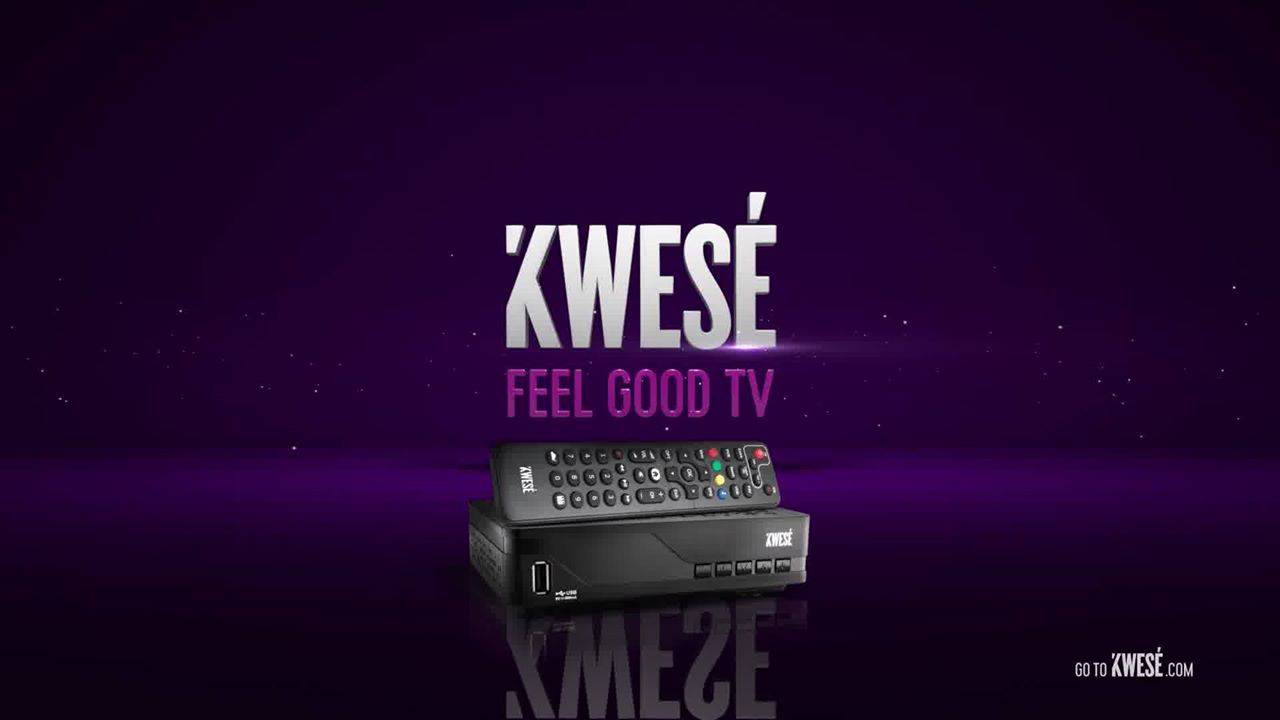Zimbabwe’s Most Profitable Company Shuts Down Its Pay-TV African Unit – Here Is Why

Hardly a month since Econet Wireless placed its Pay TV arm under administration, the company, known to be Zimbabwe’s most profitable firm has been forced to shut down its pay-TV unit due to the country’s economic condition.
“We regret to announce the discontinuation of the Kwese TV Satelite service with effect from August 5, 2019,” the company said in a statement earlier.
The company made the announcement citing a shortage of foreign currency as their main reason for closing down.
“We regret to end this service, which thousands of Zimbabweans had embraced and welcomed into their homes and offices as a viable alternative source of news, sport, and entertainment,” Econet Wireless Group CEO Douglas Mboweni said.
The company highlighted that the current business environment in Zimbabwe no longer allows Kwese and Kwese Satellite Service to operate efficiently.
Last month, Econet appointed accountants Ernst & Young to manage the process of paying creditors after going on voluntary administration last month.
In June 2019, the Emmerson Mnangagwa-led state ceased using the US dollar, British pound, South African Rand, Botswana pula and a host of other foreign currencies. Real-Time Gross Settlement (RTGS) dollar, a new currency was introduced and made the sole legal tender in the country.
But given the confusing history Zimbabwe has had with currencies, most people doing business insisted on using the US dollar because of its convenience, more so, when importing products.
The original Zimbabwean dollar was abandoned over a decade ago after hyperinflation hit 500 billion percent. This hyperinflation came about after Robert Mugabe’s government began to print money to get itself out of political trouble.
Inflation surged to 175.66 percent in June, up from 97.85 percent in May, threatening the return of hyperinflation in Zimbabwe.
In recent times many companies in Zimbabwe have closed shops due to the crippling shortage of foreign currency they need to purchase raw materials. Between November 2017 when Mnangagwa took office, and December 2018, 55 registered companies have reportedly shut down. Many other companies have stopped operations, though they have not dissolved.
More still continue to close down, a scenario which portrays the low investor confidence in Zimbabwe.
The frequent and prolonged power cuts have also made it impossible for most companies to operate. At the moment big companies like Econet Wireless use batteries and solar for operations while small ones have been forced to operate at night when the power is available.
Featured Image Courtesy: The Ugandan